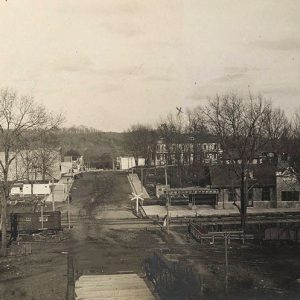 Sulphur Springs Street Scene
Sulphur Springs Street Scene
Time Period: Early Twentieth Century (1901 - 1940)
 Sulphur Springs Street Scene
Sulphur Springs Street Scene
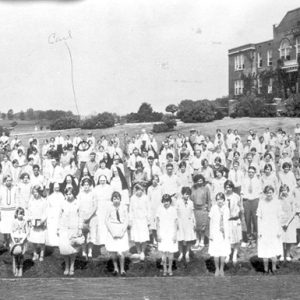 Summer Session at First District A&M
Summer Session at First District A&M
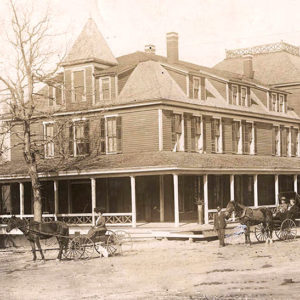 Summit Park Hotel
Summit Park Hotel
Sumner, Francis Cecil
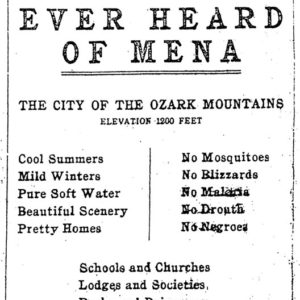 Sundown Town Flyer
Sundown Town Flyer
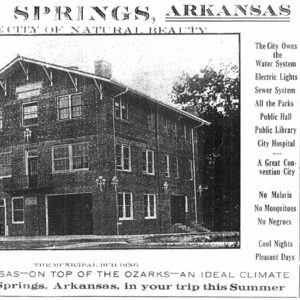 Sundown Town Flyer
Sundown Town Flyer
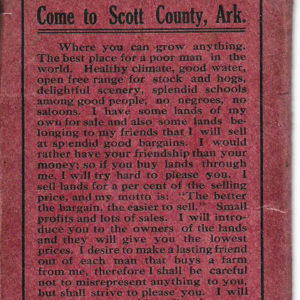 Sundown Town Map
Sundown Town Map
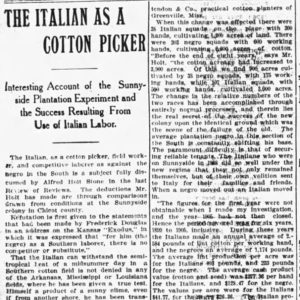 Sunnyside Plantation Article
Sunnyside Plantation Article
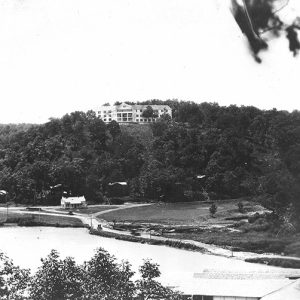 Sunset Hotel
Sunset Hotel
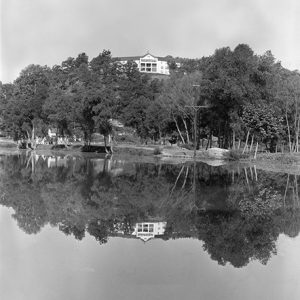 Sunset Hotel
Sunset Hotel
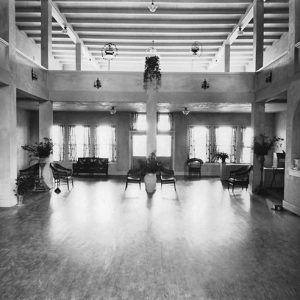 Sunset Hotel Lobby
Sunset Hotel Lobby
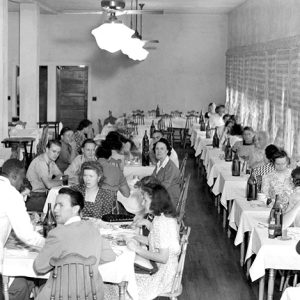 Sunset Hotel Waiter
Sunset Hotel Waiter
Sunset Hotel
 Support Cable
Support Cable
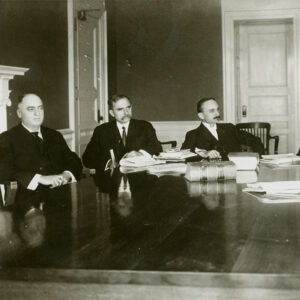 Supreme Court Members
Supreme Court Members
Supreme Royal Circle of Friends of the World
aka: Royal Circle of Friends
 Sweet Potato Harvest
Sweet Potato Harvest
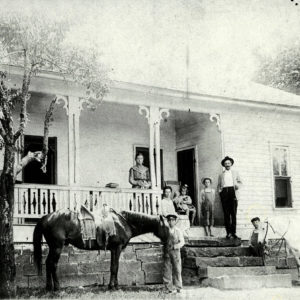 Swift House
Swift House
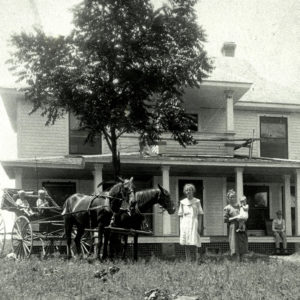 Swift House
Swift House
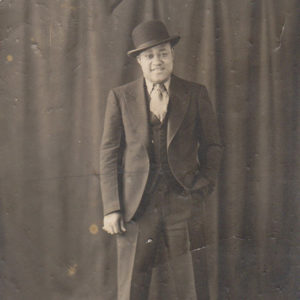 Roosevelt Sykes
Roosevelt Sykes
Sykes, Roosevelt “The Honeydripper”
 Sylvan Hills Country Club
Sylvan Hills Country Club
 Sylvan Hills Country Club Ad
Sylvan Hills Country Club Ad
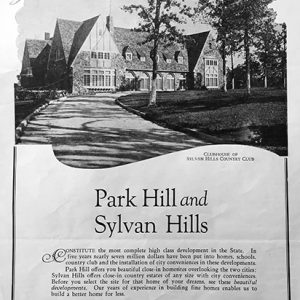 Sylvan Hills Country Club Ad
Sylvan Hills Country Club Ad
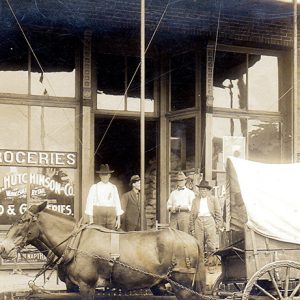 T. A. Hutchinson Store
T. A. Hutchinson Store
T. C. McRae House
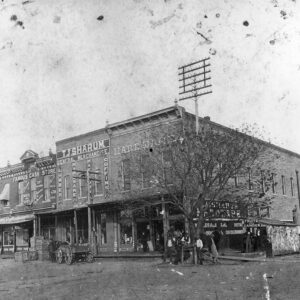 T. J. Sharum Mercantile
T. J. Sharum Mercantile
 Taborian Hall
Taborian Hall
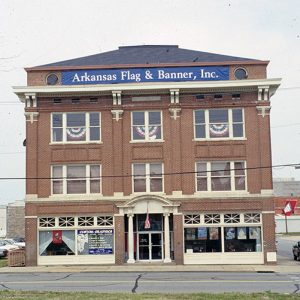 Taborian Hall
Taborian Hall
Taborian Hall
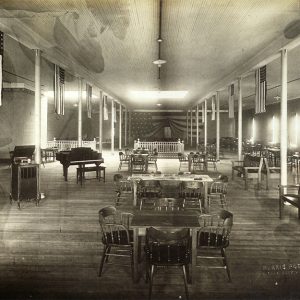 Taborian Hall Interior
Taborian Hall Interior
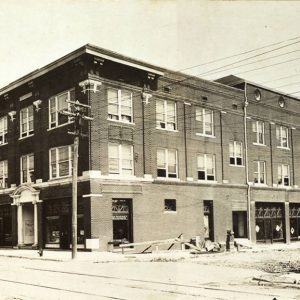 Taborian Hall, 1918
Taborian Hall, 1918
 Taft Boards Arkansas
Taft Boards Arkansas
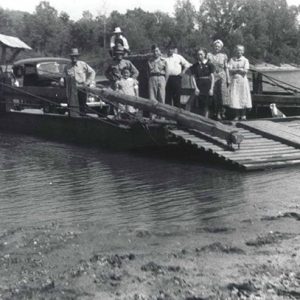 Talburt Ferry
Talburt Ferry
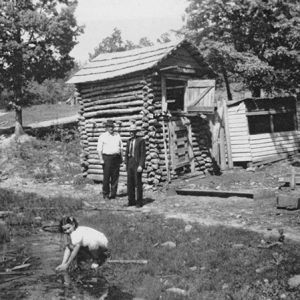 Talburt Home
Talburt Home
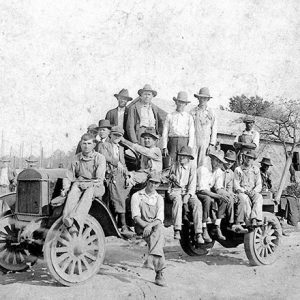 Ed Talburt
Ed Talburt
Tanner, Sy (Execution of)
 Tarantula
Tarantula
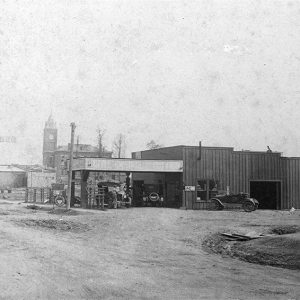 Tarry Street Scene
Tarry Street Scene
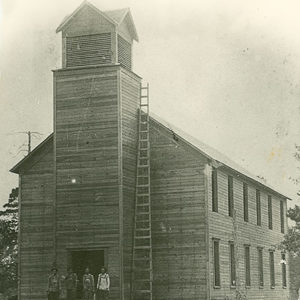 Taylor Baptist Church
Taylor Baptist Church
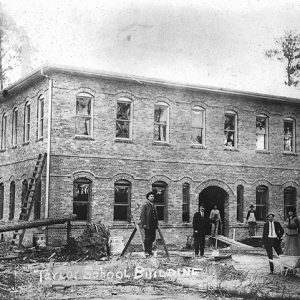 Taylor School
Taylor School
Taylor Field
aka: Taylor Memorial Field
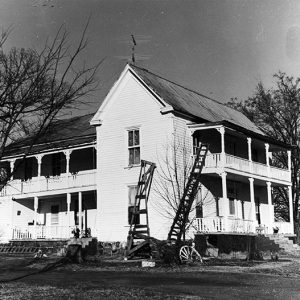 Taylor Hill Hotel
Taylor Hill Hotel
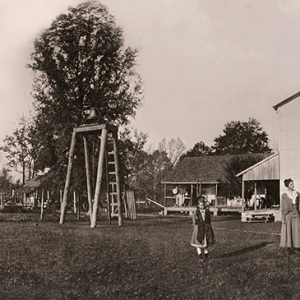 Taylor Log House and Grounds
Taylor Log House and Grounds
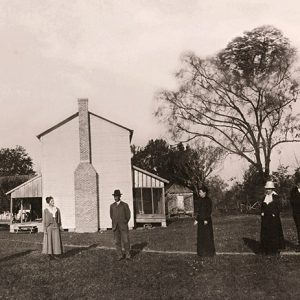 Taylor Log House
Taylor Log House
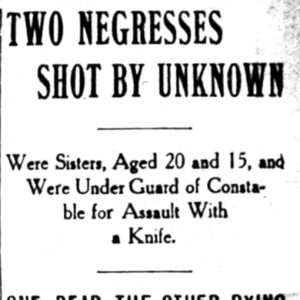 Taylor Sisters Lynching Article
Taylor Sisters Lynching Article
Taylor Sisters (Lynching of)
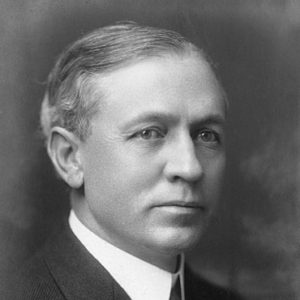 Charles Taylor
Charles Taylor
Taylor, Charles Edward
 Chester Taylor
Chester Taylor




